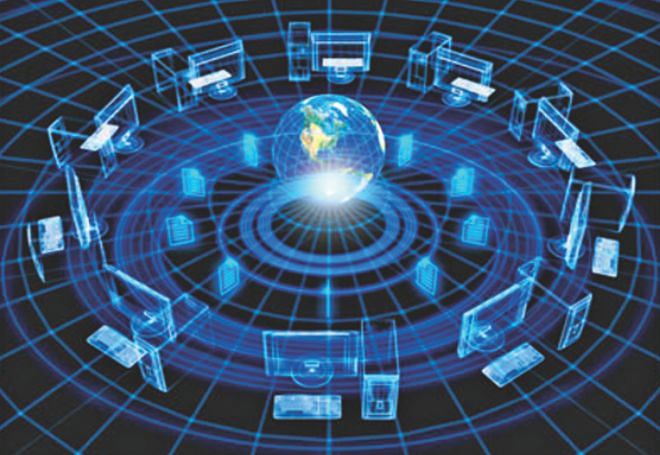The Age of Information
The Age of Information

IN a new research carried out by psychologist Robert Epstein, it was revealed that search engines such as Google can potentially have a profound effect on undecided voters -- without them noticing its impact. With a study group of 1,800 volunteers in India, the research team was able to shift votes by an average of 12.5% to favour certain candidates by deliberately altering search result rankings. Although no evidence has surfaced on whether search engines have deliberately changed the rankings of search results it is still a significant piece of information in today's age of technology and information. It is perhaps ironic, then, that the findings were published so soon before World Information Society Day, which is today.
The objective of this day is to raise awareness on the societal changes brought about by the internet and to close down the digital divide that exists between developing and developed countries. The world is on the threshold of an era of unprecedented information where the ability to disseminate knowledge and thoughts is just a click away. To say that the internet has brought with it connectivity, transparency, and a medium for economic development would be an understatement. It has completely revolutionised our approach to the world -- a breaking news on the Venezuelan riots can reach a man in Bangladesh within a few minutes of it happening, a simple search can tell us all that we want to know about the Apartheid era; and Facebook can let us know what friends scattered all around the globe are up to everyday.
But perhaps the biggest and most significant contribution of the internet to modern society is the symbol of complete transparency that it projects. It is a symbol of the common man's reach and lets us know that, at the end of the day, a common man's opinion has the same space to be aired on the internet as that of a politician. It is the antithesis of states and institutions that hold an information monopoly over masses. The technological advance has meant that revolutions now occupy cyberspace and regimes have been toppled by its power. The Egyptian government under Morsi was overthrown as protesters took to the internet as well as the streets to raise awareness against the incumbent government's incapacity. Twitter and Facebook were awash with posts and vocal opinions during the Shahbag protests and, if anything, the internet has created a new platform for the layman to get involved in politics. And in a cacophony of unsuppressed voices, the internet became an enemy of oppressive regimes. It became a useful medium to mobilise public opinion, and the exponential growth in users means that it will only continue in an upward trajectory.
But, like everything else, there is a flip-side to the coin. With the unbridled flow of information, it is increasingly becoming a commodity. Having privileged information in today's world is tantamount to gold mines. As is the capitalist nature of globalisation, information manipulation can lead to certain vested groups controlling the amount of information disseminated through the internet which can then sway public opinion on important matters. As the recent survey by Robert Epstein highlighted, search engines can be tuned to suit a certain interest and thus give rise to an informational hegemony. While advertisers are well within their rights to promote their products by paying to have them at the top of search results, it is another matter entirely to have electoral votes decided by it.
With the greatest advances comes our greatest threats and the internet is one such technology that offers unbound resources at our doorstep. But the duty of regulating the information also falls on us and it is something we must vow to do. As the digital divide slowly closes, we have to make sure there is no curbing of the amount of information available to us. The internet is the global democracy, and on World Information Society Day it is for us to remember, in the words of John F. Kennedy, that “the ignorance of one voter in a democracy impairs the security of all.”
The writer is Editorial Assistant, The Daily Star.